Blog
Arkansas Home Inspector Institute
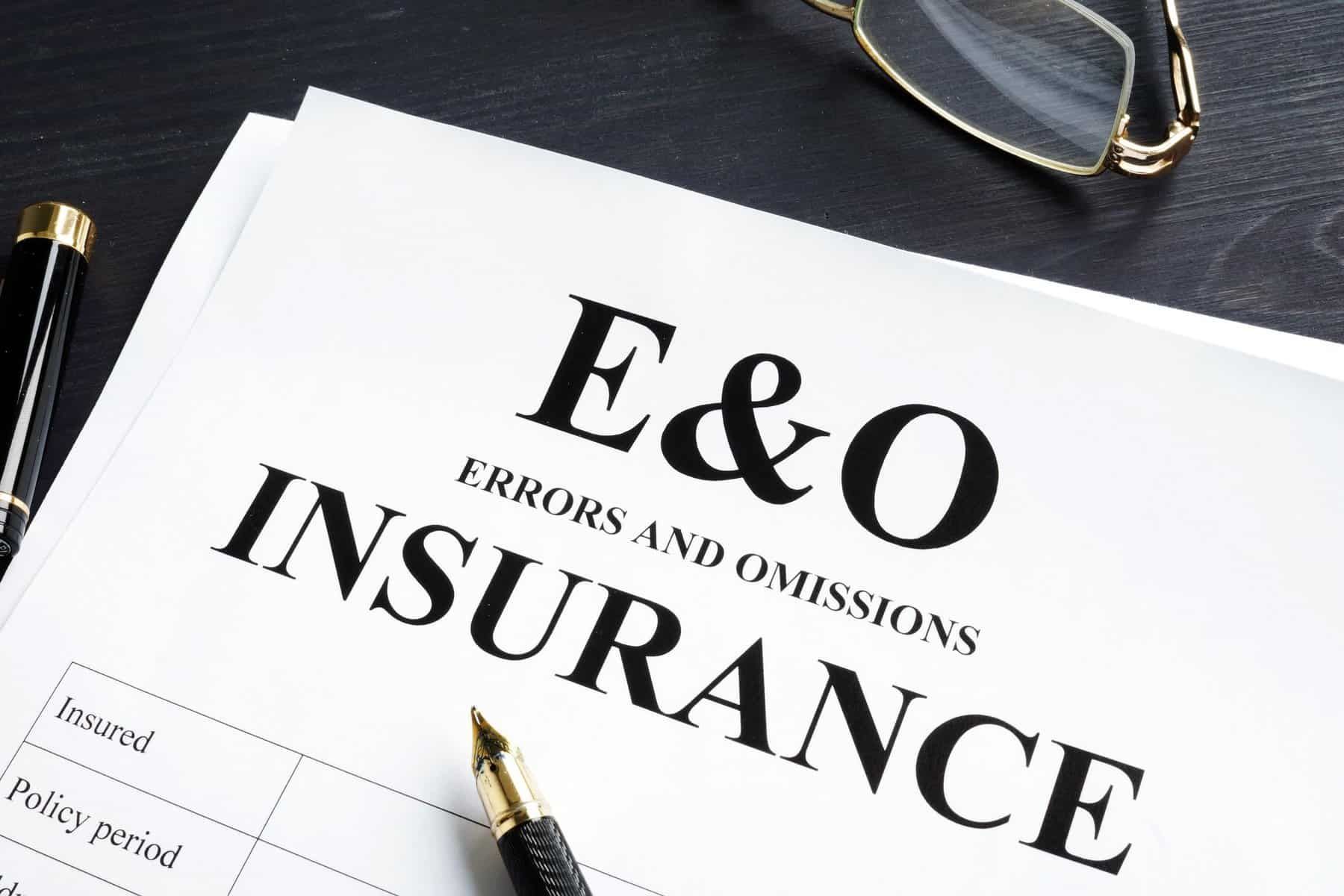
New Arkansas Rule: Home Inspectors Must Carry E&O/Professional Liability (Effective Aug. 5, 2025) On April 22, 2025, Arkansas enacted **Act 974 (HB1625)**, changing the insurance requirement for licensed home inspectors. Instead of general liability being the only mandated coverage, inspectors must now carry **a professional liability (Errors & Omissions, “E&O”) insurance policy** approved by the State Insurance Department, with minimum limits of **\$100,000**. The law takes effect **Tuesday, August 5, 2025**—91 days after the Legislature’s sine die adjournment on May 5, 2025. ([Arkansas Legislature][1], [Mitchell Williams Law][2]) -- Who’s behind the change? Oversight of home inspectors now falls under the **State Board of Appraisers, Abstracters, and Home Inspectors**, created through recent consolidation of real estate-related licensing boards. ([Arkansas Division of Workforce Services][3], [Appraisal Subcommittee][4], [Arkansas Advocate][5]) -- What changed—exactly? **Old rule:** Carry general liability (GL), typically covering bodily injury or property damage during an inspection (e.g., “ladder hits a car”). **New rule (effective Aug. 5, 2025):** Carry **professional liability/E&O** for the **professional services** you provide (e.g., an alleged inspection error or omission that leads to a client’s financial loss). Minimum limit: **\$100,000**. ([Arkansas Legislature][1]) > Practical takeaway: GL protects against accidents; **E&O** protects your **judgment, reporting, and advice**—the core risks of inspecting. -- Why this can raise inspection costs * **Higher premiums than GL:** E&O is usually priced higher than a basic GL policy because the severity of claims (defense + indemnity for alleged errors) can be larger. Trade press and summaries of the act highlight the state’s shift toward more specialized protection for consumers—i.e., E&O. ([Insurance Business][6]) * **Claims-made coverage dynamics:** Most E&O is **claims-made**, meaning current-year pricing reflects industry claims trends and your prior history; tail/retro coverage adds cost. (Industry standard characteristic; check your policy form.) * **Underwriting factors:** Fee levels, services offered (e.g., pools, septic, sewer scope, drones), experience, prior claims, and the counties you serve can move rates. * **Defense costs:** Legal defense often erodes limits unless your policy states otherwise, so carriers price for that exposure. Even modest annual increases in your overhead may need to be reflected in your **inspection fees** to keep margins intact. -How to soften the impact (monthly payments + smart policy design) --- 1) Choose a monthly payment option Most carriers or brokers offer one of the following so you don’t take a big cash hit up front: * **Carrier direct monthly EFT:** A small installment fee, but the simplest option. * **Premium finance agreement:** A third-party finances the annual premium; you pay **monthly** with a finance charge (interest). * **Broker-administered pay plan:** Similar to EFT, sometimes with lower fees if you bundle GL + E&O. Ask specifically: * “Do you offer **12-pay** with autopay?” * “What’s the **APR/finance fee** and any down payment?” * “Any discount for **paperless/autopay**?” These options can spread a \$1,500–\$3,000 annual premium across monthly cash flow instead of one lump sum. --- 2) Tune your coverage to your risk (without going bare) * **Deductible:** If you can absorb small losses, a slightly higher deductible can trim the annual premium. * **Endorsements:** Add only what you need (sewer scope, IR thermography, termite/WDI if applicable, ancillary services you actually sell). * **Appropriate limits:** Meet the state’s **\$100,000** minimum, but consider whether **\$250k or \$500k** fits your job mix and referral partners’ expectations. ([Arkansas Legislature][1]) --- 3) Reduce claims frequency (carriers reward it) * **Crystal-clear scope & contract:** Use plain language about what’s inspected/not inspected; get signatures before you arrive. * **Photographic documentation:** Lots of photos, especially on “no access” or “limited access” areas. * **Report clarity & speed:** Flag “material defects” prominently and send reports promptly to reduce post-closing surprises. * **CE & SOP alignment:** Maintain continuing education and follow Arkansas SOP/administrative rules closely; board-approved CE is available regularly. ([InterNACHI®️ Forum][7]) -- -4) Adjust your pricing—gently and transparently If E&O adds, say, **\$10–\$25 per inspection** to your overhead, consider: * A **small across-the-board fee adjustment**, or * Tiered pricing (age/size/add-ons) that naturally absorbs the cost. Explain to clients and agents that Arkansas now **requires** professional liability/E\&O to better protect consumers—most appreciate the added protection and professionalism. ([Arkansas Legislature][1]) - Key dates & references (so you can cite them in your emails) * **Act 974 (HB1625) approved:** **April 22, 2025**. ([Arkansas Legislature][1]) * **95th General Assembly adjourned sine die:** **May 5, 2025**. ([Arkansas Legislature][8]) * **Default effective date for acts without an emergency clause:** **91st day after sine die** → **Tuesday, Aug. 5, 2025** (per legal summaries referencing the AG’s interpretation). ([JD Supra][9], [Mitchell Williams Law][2]) * **Oversight board:** **State Board of Appraisers, Abstracters, and Home Inspectors** (within the AR Dept. of Labor & Licensing). ([Arkansas Division of Workforce Services][3]) --- -- Bottom line Starting **Aug. 5, 2025**, Arkansas home inspectors must carry **E&O/professional liability** (min. **\$100,000**). Expect some **premium-driven cost pressure**, but you can **smooth cash flow with monthly payments**, tailor coverage intelligently, and make a **modest, well-explained fee update**. It’s a change that elevates consumer protection—and, handled right, it won’t derail your budget. ([Arkansas Legislature][1], [Mitchell Williams Law][2]) If you’d like, I can tailor a short client/agent email announcement and a one-page checklist for comparing E&O quotes. [1]: https://arkleg.state.ar.us/Acts/FTPDocument?ddBienniumSession=2025%2F2025R&file=974.pdf&path=%2FACTS%2F2025R%2FPublic%2F "HB1625 as engrossed on 03-13-2025 10:35:42" [2]: https://www.mitchellwilliamslaw.com/2025-arkansas-insurance-legislation-summary-health?utm_source=chatgpt.com "2025 Arkansas Insurance Legislation Summary: Health" [3]: https://labor.arkansas.gov/licensing/abstracters-board/?utm_source=chatgpt.com "Arkansas Abstracters Board" [4]: https://www.asc.gov/taxonomy/term/21?utm_source=chatgpt.com "AR | ASC gov" [5]: https://arkansasadvocate.com/briefs/arkansas-licensing-board-for-home-inspectors-will-be-combined-with-two-others-under-bill/?utm_source=chatgpt.com "Arkansas licensing board for home inspectors will be combined with ..." [6]: https://www.insurancebusinessmag.com/us/news/professional-liability/arkansas-mandates-eando-or-professional-liability-insurance-for-licensed-home-inspectors-under-hb1625-534681.aspx?utm_source=chatgpt.com "Arkansas mandates E&O or professional liability insurance for ..." [7]: https://forum.nachi.org/t/arkansas-state-board-of-appraisers-abstracters-home-inspectors-approves-internachi-s-webinars-for-live-continuing-education-ce-credits-for-arkansas-licensed-home-inspectors-25-standards-every-inspector-should-know/255277?utm_source=chatgpt.com "Arkansas State Board of Appraisers, Abstracters, & Home Inspectors ..." [8]: https://arkleg.state.ar.us/Home?ddBienniumSession=2025%2F2025R&utm_source=chatgpt.com "Home Page - Arkansas State Legislature" [9]: https://www.jdsupra.com/legalnews/2025-arkansas-insurance-legislation-3186467/?utm_source=chatgpt.com "2025 Arkansas Insurance Legislation Summary: General | JD Supra"
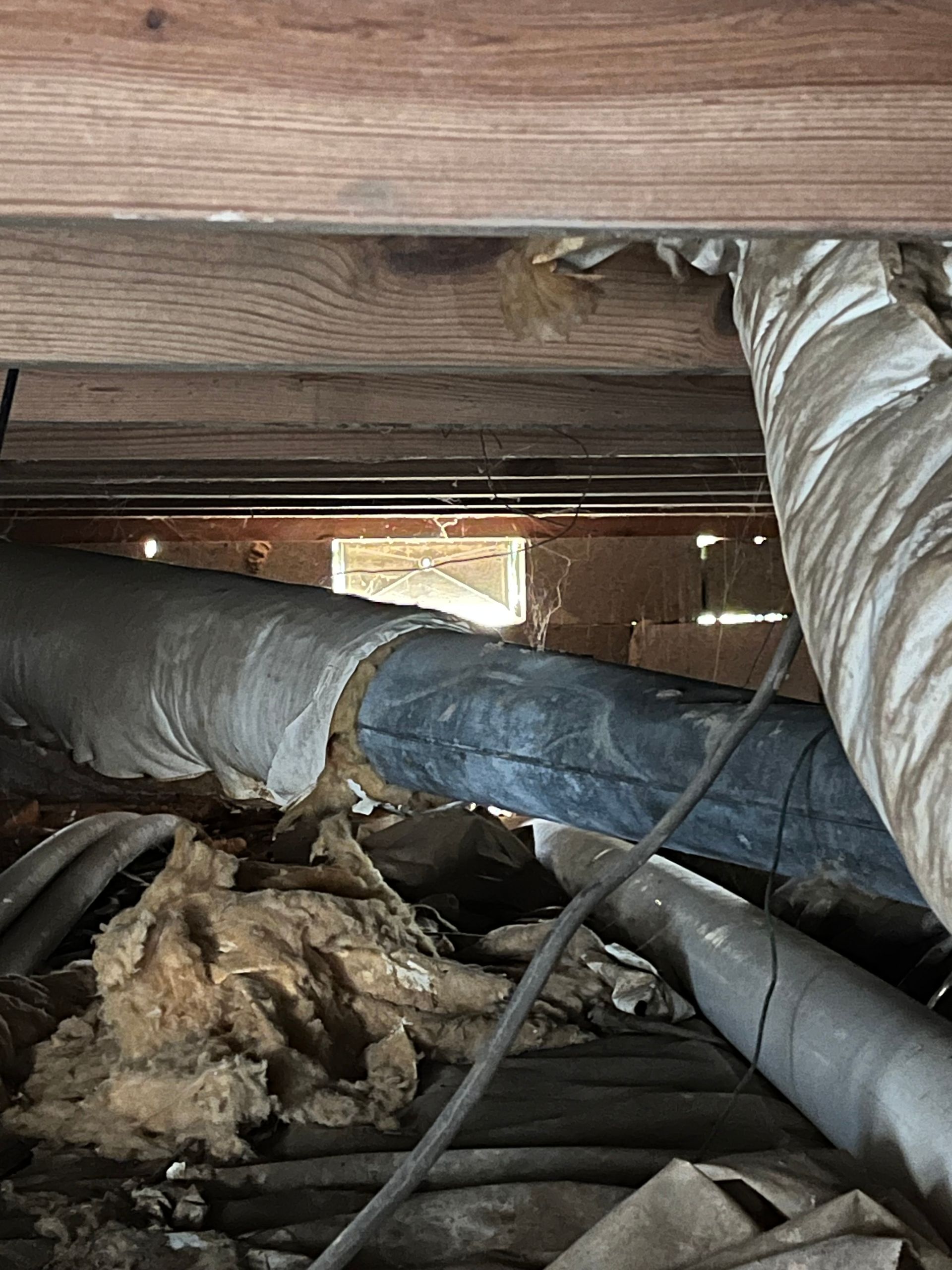
The Common Issues You’ll Find as a Home Inspector and How You Can Help Homebuyers and Homesellers Home inspections are a crucial part of the real estate process, benefiting both buyers and sellers. As a home inspector, you're the eyes and ears for people making one of the biggest investments of their lives. Your role is to uncover potential problems, assess the home’s condition, and provide peace of mind to all parties. Here are the common issues you might encounter as a home inspector and how you can assist both homebuyers and sellers in addressing these concerns. 1. Foundation Issues One of the most critical areas of concern is the home’s foundation. Cracks, uneven floors, or doors and windows that don’t close properly could indicate structural problems. How You Can Help: For buyers: Point out these concerns and recommend hiring a structural engineer to assess the severity. This can help buyers negotiate repairs or adjust their offer accordingly. For sellers: Advise on proactive repairs before listing the property. Addressing foundation issues beforehand can speed up the selling process and avoid last-minute deal-breakers. 2. Roof Problems A damaged or aging roof can lead to leaks, water damage, and high repair costs. Missing shingles, sagging areas, or clogged gutters are common problems inspectors encounter. How You Can Help: For buyers: Educate them about the potential costs of roof replacement or repairs, and recommend a roofing professional for further evaluation. For sellers: Suggest fixing or replacing problem areas before listing. This improves curb appeal and reassures potential buyers that the home is well-maintained. 3. Plumbing Issues Leaky pipes, low water pressure, and poor drainage are often discovered during inspections. Plumbing problems can lead to water damage or mold if not addressed. How You Can Help: For buyers: Highlight areas of concern and recommend a plumber to further inspect or repair issues. This can help buyers avoid costly repairs after purchasing the home. For sellers: Recommend fixing obvious plumbing issues to prevent them from becoming deal-stoppers. Small fixes can go a long way in making the home more appealing to buyers. 4. Electrical System Deficiencies Older homes may have outdated wiring, overloaded circuits, or insufficient outlets. Faulty wiring is not only an inconvenience but a major safety hazard. How You Can Help: For buyers: Inform them of any outdated electrical systems or potential fire hazards. Recommend an electrician to provide estimates for necessary upgrades. For sellers: Suggest having an electrician inspect the home before listing to fix any immediate dangers or code violations. Modernizing the electrical system could even increase the home’s value. 5. HVAC System Issues Heating, ventilation, and air conditioning (HVAC) systems are crucial for comfort and energy efficiency. As a home inspector, you may find malfunctioning thermostats, dirty filters, or aging systems that are nearing the end of their lifespan. How You Can Help: For buyers: If the HVAC system is in poor condition, recommend an HVAC technician for further inspection or repair quotes. For sellers: Encourage maintaining the HVAC system by cleaning ducts, replacing filters, and addressing any major issues before showing the home. 6. Moisture and Mold Moisture problems are commonly found in basements, attics, and around windows. Where there’s moisture, mold can grow, which poses health risks and can damage the home. How You Can Help: For buyers: Help them identify signs of water intrusion or mold growth and recommend specialists for remediation if necessary. For sellers: Advise addressing any leaks or water damage before listing the home. Taking care of moisture issues early can prevent the home from sitting on the market longer due to buyer concerns. 7. Pest Infestations Termites, rodents, and other pests can cause significant damage, particularly to the structural integrity of the home. Signs of infestations include wood damage, droppings, or nests. How You Can Help: For buyers: Point out evidence of pests and recommend a pest control expert to assess the situation. This can help buyers make informed decisions about their offer or repair requests. For sellers: Suggest a pest inspection and treatment plan before listing. A clean bill of health from a pest control company can make the home more appealing. 8. Poor Insulation and Ventilation Insufficient insulation and poor ventilation can lead to high energy bills and an uncomfortable living environment. This is especially important in areas with extreme temperatures. How You Can Help: For buyers: Highlight potential insulation issues and discuss the impact on energy efficiency. Recommend getting an energy audit to assess the home’s performance. For sellers: Improve insulation and ventilation before listing the home. It’s an easy way to make the home more attractive, especially to energy-conscious buyers. How Home Inspectors Provide Value A home inspector’s primary goal is to educate buyers and sellers, providing them with a clear understanding of the property’s condition. For homebuyers, this means peace of mind and helping them avoid unexpected repair costs. For sellers, an inspection can highlight areas to fix before listing, which can lead to a quicker sale and a stronger negotiating position. By focusing on clear communication, honesty, and detailed reporting, home inspectors serve as trusted advisors in the real estate process. Both buyers and sellers can make informed decisions, ensuring a smoother and more transparent transaction. Conclusion Whether you’re helping homebuyers avoid a money pit or assisting sellers in preparing their homes for market, a thorough home inspection is invaluable. Understanding the common issues like foundation problems, roof damage, and outdated systems allows you to offer practical, actionable advice that benefits all parties involved in the sale. The more thorough and proactive the inspection, the more confident buyers and sellers will be in the transaction.

Navigating Legal and Ethical Challenges in Home Inspection: Discuss ethical dilemmas and legal considerations. Home inspection is a critical process in the real estate industry, ensuring that properties meet certain standards of safety, functionality, and overall condition. However, home inspectors often face complex ethical dilemmas and legal considerations that can impact their work and the decisions of buyers and sellers. This blog post delves into these challenges, offering insights into the ethical and legal landscape of home inspection. ### Ethical Dilemmas in Home Inspection Ethical dilemmas in home inspection arise when inspectors must balance their duty to report accurate information against various pressures and interests. The American Society of Home Inspectors (ASHI) provides a Code of Ethics that outlines the fundamental principles of integrity, honesty, and objectivity. Inspectors are expected to avoid conflicts of interest, refrain from inspecting properties in which they have a financial interest, and not accept compensation for recommending contractors or services. One common ethical challenge is the discovery of significant defects that sellers have not disclosed. Inspectors must navigate these situations with integrity, ensuring that they report findings accurately without overstating or understating the significance of the issues. Another ethical concern is the pressure from real estate agents to overlook minor issues, which can compromise the inspector's objectivity and the buyer's right to a thorough understanding of the property's condition. ### Legal Considerations in Home Inspection Legally, home inspections are not specifically required, but they are a standard practice in real estate transactions. Most buyers arrange for an inspection of the structural features of the home and related pest inspections, often required by lenders before financing a deal. Inspectors must be aware of the legal implications of their findings, as undisclosed problems can lead to legal disputes between buyers and sellers. In some states, sellers are legally obligated to disclose known defects or issues with the property. Failure to do so can result in legal action, emphasizing the importance of a thorough and impartial home inspection. Home inspection lawsuits can involve various legal principles, such as failure to disclose, negligence, fraud, breach of contract, breach of warranty, or negligent misrepresentation. ### Navigating the Challenges To navigate these ethical and legal challenges, home inspectors must: - Adhere to established ethical codes and standards. - Maintain impartiality and independence in their inspections. - Accurately report findings based on genuine conviction and within their areas of expertise. - Respect client confidentiality and disclose inspection results only with client approval. - Avoid activities that may harm the public or discredit the profession. By upholding ethical standards and being cognizant of legal considerations, home inspectors play a pivotal role in the real estate industry, providing valuable insights that influence significant financial and personal decisions. Their commitment to ethics and legality not only maintains their professional integrity but also protects the interests of all parties involved in the transaction. In conclusion, the ethical and legal challenges in home inspection require a delicate balance of professional judgment, adherence to standards, and a commitment to fairness and transparency. As the industry evolves, so too must the approach to these challenges, ensuring that the trust placed in home inspectors is well-founded and that the real estate market remains a fair and safe environment for all participants. This is just some of the information we discuss in our Class .
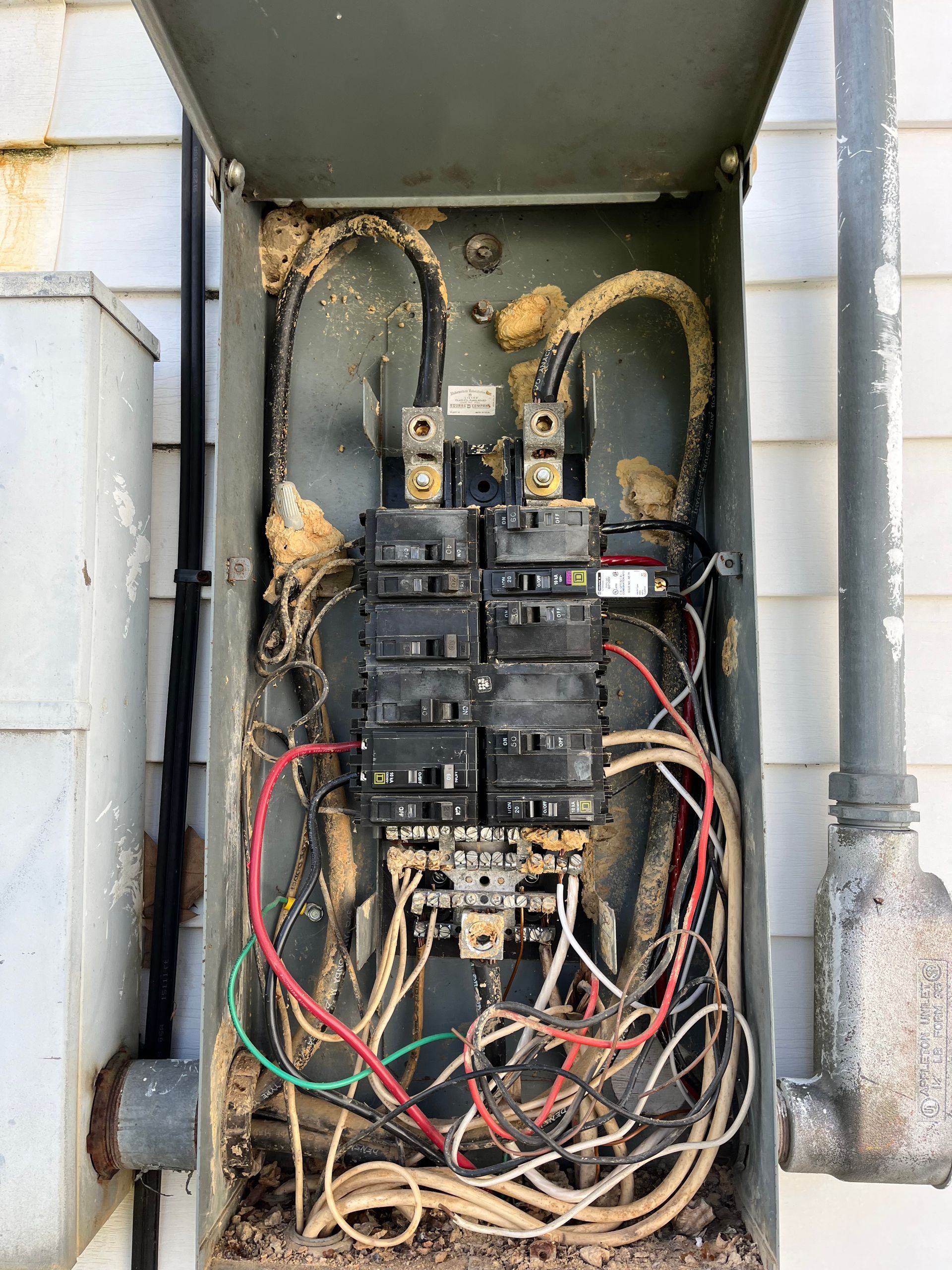
Common Problems found during a Home Inspection When it comes to home inspections, whether you're a buyer, seller, or homeowner, knowing the common defects can save you time and money. Home inspections are a crucial part of the home-buying process, providing a snapshot of a house's condition and indicating areas that need attention. Here's a comprehensive look at the most common issues inspectors encounter during home inspections. 1. HVAC Issues Heating, Ventilation, and Air Conditioning (HVAC) systems are often found to need servicing. Common problems include dirty filters, improper flue installation, dirty coils, an unlevel pad, cracked heat exchanger, and broken condenser. 2. Water Intrusion Water damage is a significant concern and can be challenging to spot. Inspectors look for signs like cracks and holes in exterior walls, warped floors, damp carpets, stained walls and ceilings, peeling paint, and musty odors, which may indicate mold buildup due to leaks. 3. Roof Problems The roof is a critical component that inspectors examine thoroughly. Issues with the roof can lead to a cascade of other problems, such as water intrusion, which can be costly to repair. 4. Electrical Issues Faulty electrical systems not only pose a safety risk but are also a common defect found during inspections. Problems can range from outdated wiring to improper grounding and faulty electrical panels. 5. Poor Ventilation Inadequate ventilation can lead to vapor condensation, high temperatures, and discolored flooring. It's essential for maintaining air quality and preventing mold growth. 6. Drainage and Grading Issues Poor drainage and improper grading can lead to water pooling around the foundation, which can cause structural damage over time. 7. Plumbing Problems Plumbing issues are prevalent and can include everything from leaky faucets to more severe problems like poor water pressure or damaged pipes. 8. Foundation Flaws Foundation issues can be some of the most expensive to fix. Signs of foundation problems include uneven floors, doors that don't close properly, and cracks in walls. 9. Gutter and Downspout Blockages Clogged gutters and downspouts can lead to water overflow, which can damage the roof, siding, and foundation. 10. Mold Mold is not only a health hazard but also a sign of underlying moisture problems. It can be found in damp areas and is often a result of water intrusion. 11. Termite Damage Termites can cause significant structural damage that is often hidden until a thorough inspection is conducted. 12. Windows and Sealing Issues Windows that don't seal properly can lead to energy loss and water intrusion. 13. Water Heater Problems Issues with water heaters, such as age or improper installation, can also be a concern during inspections. Understanding these common defects can help you prepare for a home inspection, whether you're getting ready to sell your home or looking to buy. Addressing these issues early can prevent future headaches and ensure a smooth transaction. For more detailed information on each of these points, consider consulting with a professional home inspector or checking out resources like HGTV's guide to common problems found during home inspections. Remember, while this list covers many of the typical issues found during home inspections, each home is unique, and other, less common problems may arise. Always rely on the expertise of a qualified home inspector to provide a thorough evaluation of a property's condition. Happy house hunting!

Should You Start a Home Inspection Business or Join a Multi-Inspector Company? Deciding between starting your own home inspection business or joining an existing multi-inspector company is a significant choice that can impact your career trajectory, work-life balance, and financial potential. Starting your own business offers autonomy and the freedom to set your own rules, but it also comes with the responsibility of managing all aspects of the business. This includes marketing, scheduling, client relations, and financial management. The potential for higher earnings is there, but so is the risk. On the other hand, joining a multi-inspector company can provide a more stable income with less administrative burden. You'll have access to established processes, a client base, and potentially, mentorship from experienced inspectors. However, you may have less control over your schedule and the types of inspections you perform. Consider your long-term career goals, your preference for independence versus support, and your tolerance for risk when making this decision. Both paths have their merits and can lead to a successful career in home inspection.

Becoming a home inspector can be a rewarding career choice. Let's explore some of the **pros** and **cons** of this profession: ## Pros of Being a Home Inspector: 1. **You're the Boss!**: If you establish your own home inspection business, you're in charge. You can choose assignments, set your work schedule, and manage your business's growth. Having control over your workload ensures a good work-life balance. 2. **Good Earning Potential**: Home inspectors have the potential to make good money. Entry-level salaries start around $45,000 annually, and experienced inspectors can command $70,000 or more per year, depending on location. Accepting more jobs increases your earning potential. 3. **Job Security**: The housing market boom has increased demand for professional home inspectors. Over 75% of homes on the market are inspected before being sold. Job security is expected to grow further as the need for home inspections continues. 4. **College Not Necessary**: Unlike some careers, you don't need a college degree to become a home inspector. Formal training and certification are essential, but most states offer training programs where you can learn the technical skills required for the job. ## Cons of Being a Home Inspector: 1. **Saturated Local Markets**: In some areas, there might be many home inspectors competing for business. It's essential to find your niche or differentiate yourself to stand out. 2. **High Risk of Liability**: Inspecting homes comes with legal responsibilities. If you miss something critical during an inspection, it could lead to lawsuits or damage your reputation. 3. **Pressure to "Rush" Inspections**: Balancing thoroughness with efficiency is crucial. Some clients may want quick inspections, but cutting corners could lead to missed issues. 4. **Restricted from Doing Repairs**: As a home inspector, you're not allowed to perform repairs on homes you inspect. This restriction ensures impartiality but limits additional income opportunities. 5. **Potential for Conflicts of Interest**: Balancing client interests with real estate agents' expectations can be challenging. Maintaining independence and integrity is essential. 6. **Unpredictable Housing Market**: While demand for home inspections is generally high, economic fluctuations can impact business volume. In summary, becoming a home inspector offers flexibility, financial potential, and job security but requires attention to detail and adherence to ethical standards

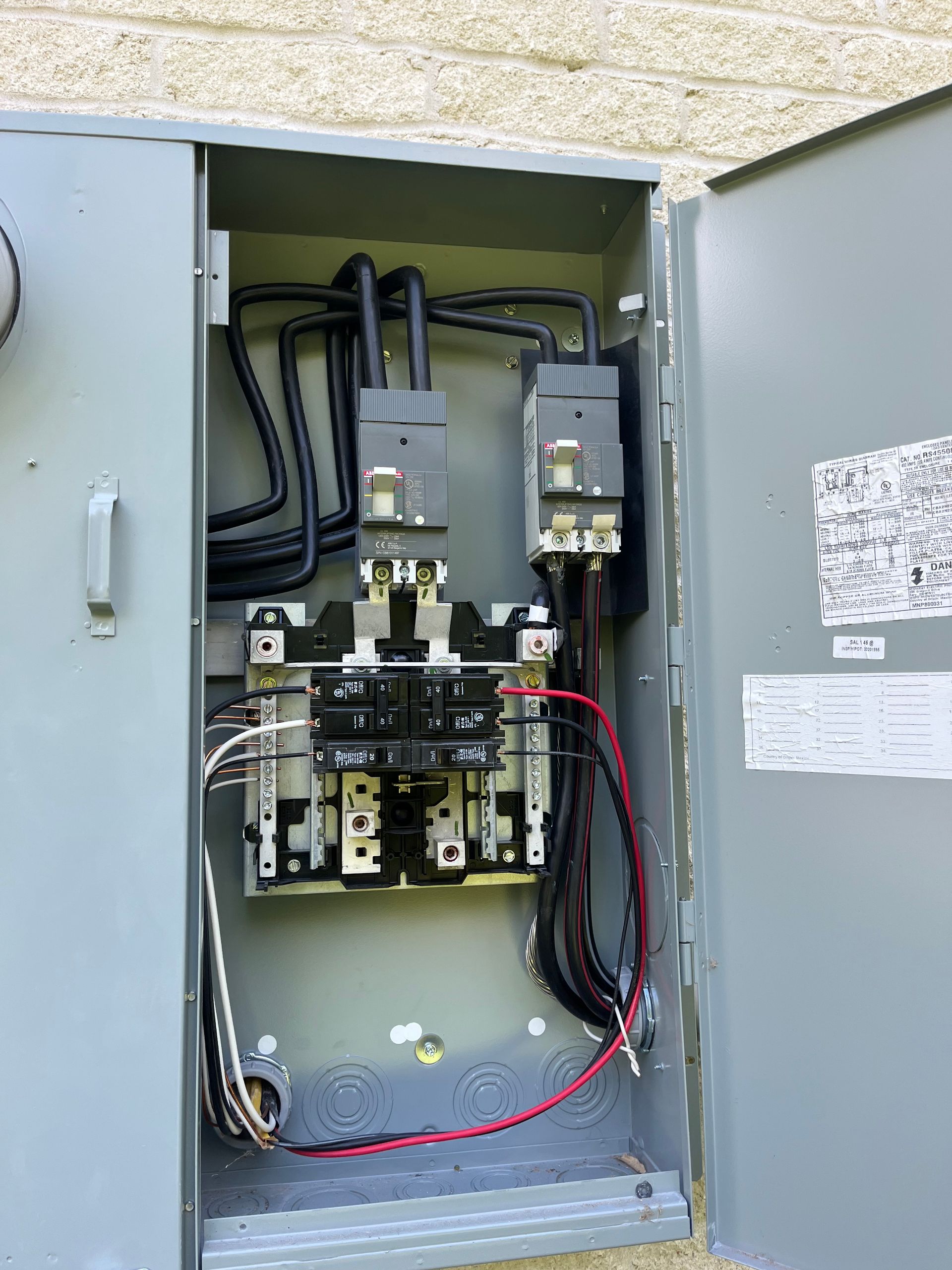
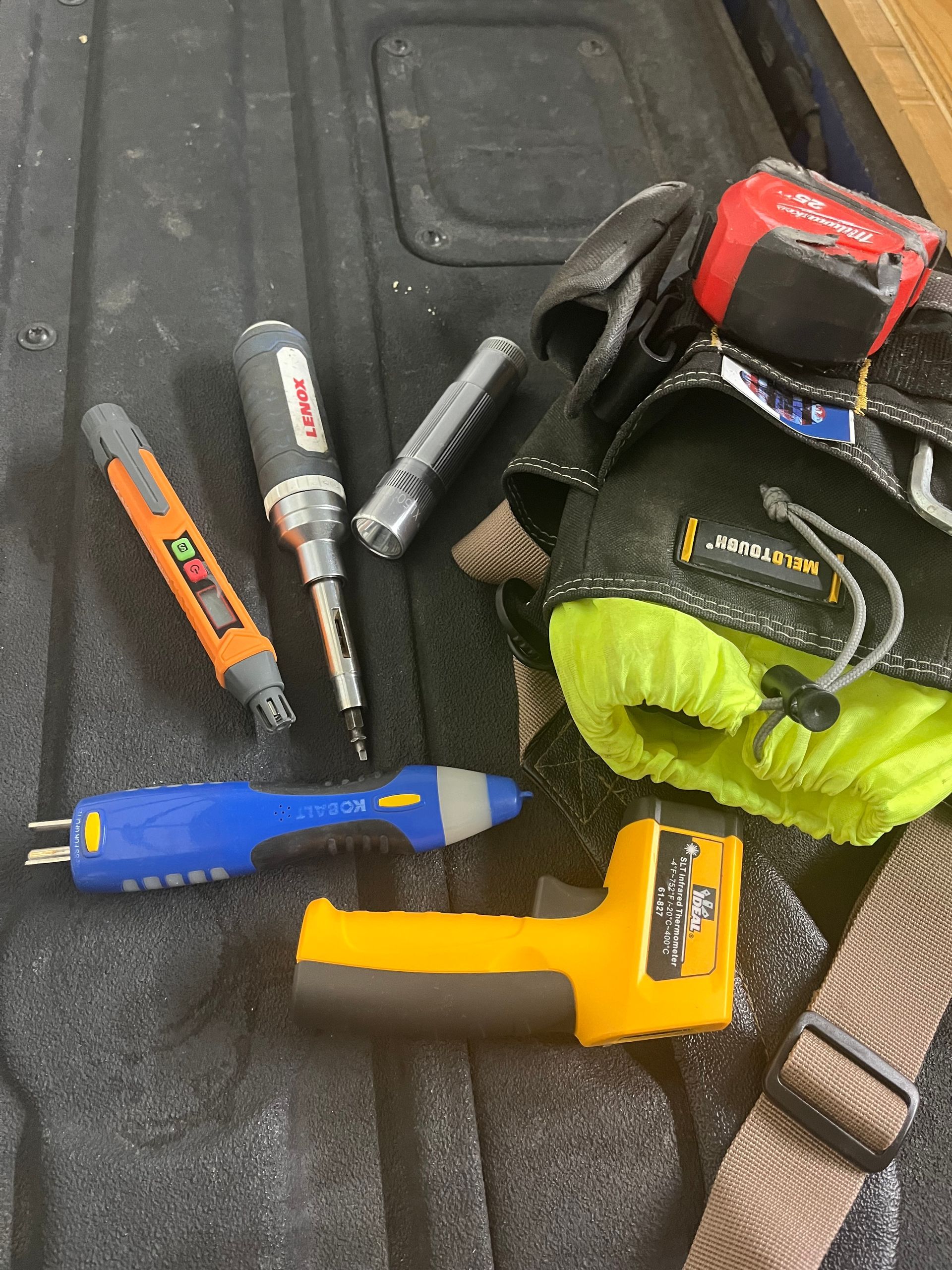
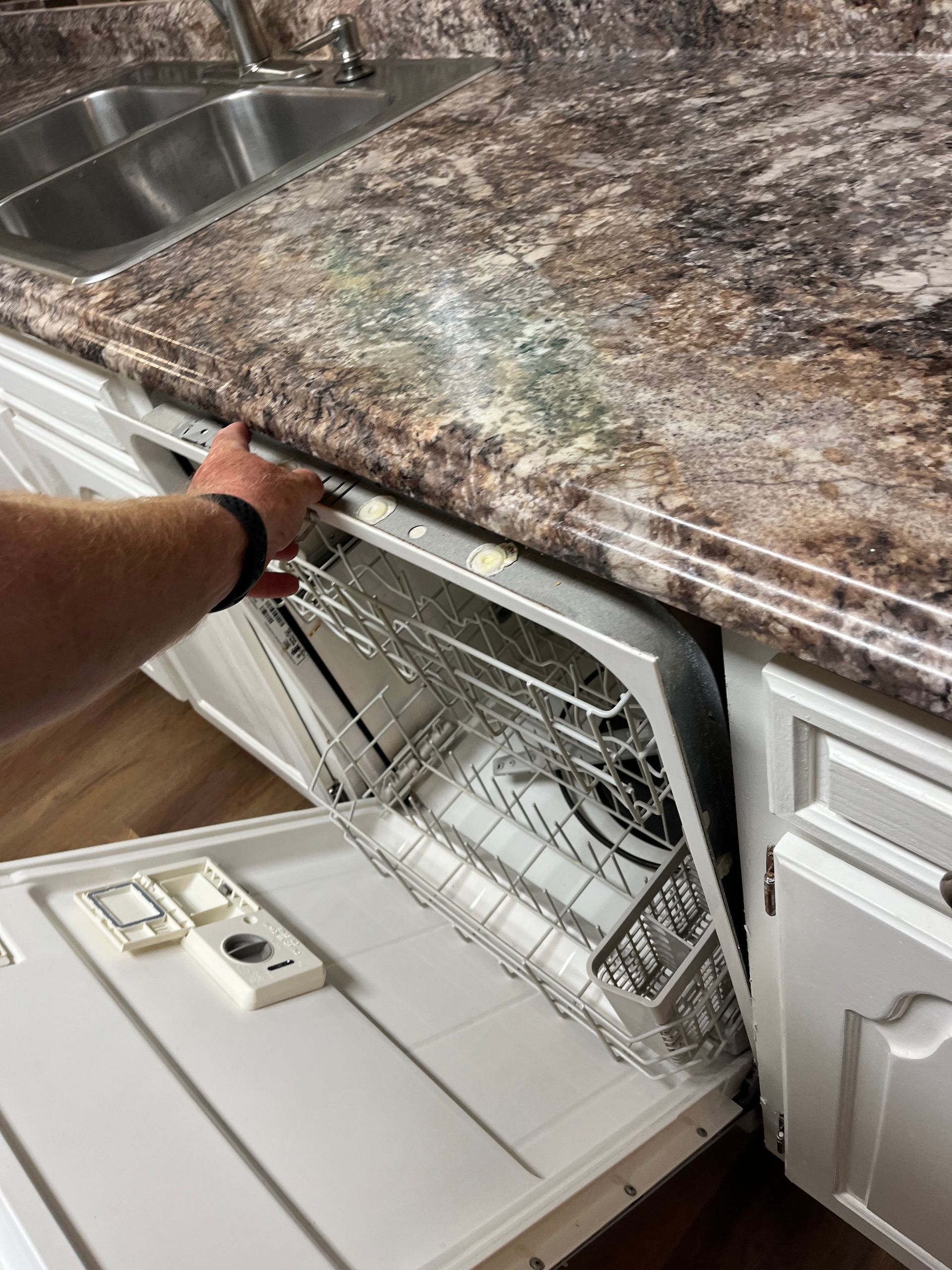
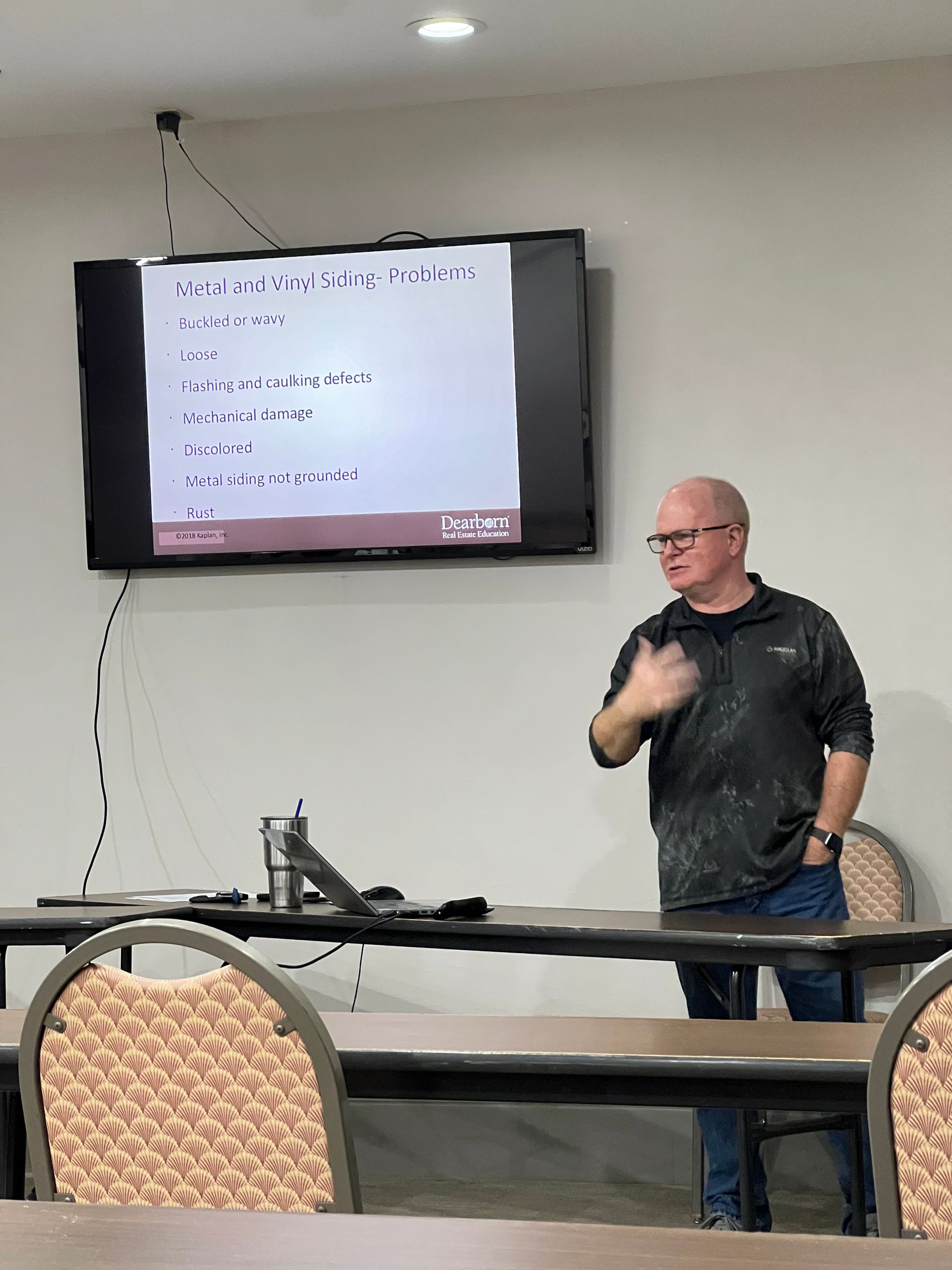
Share On: